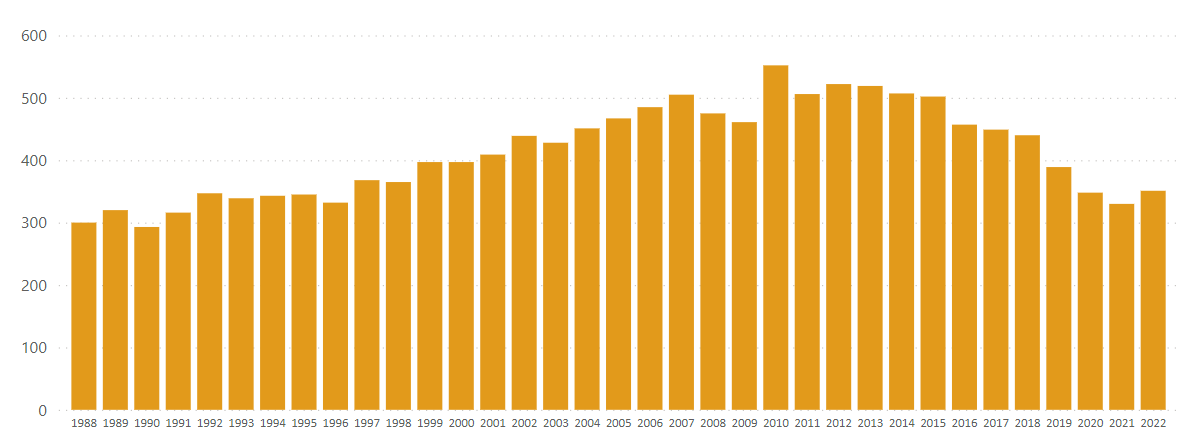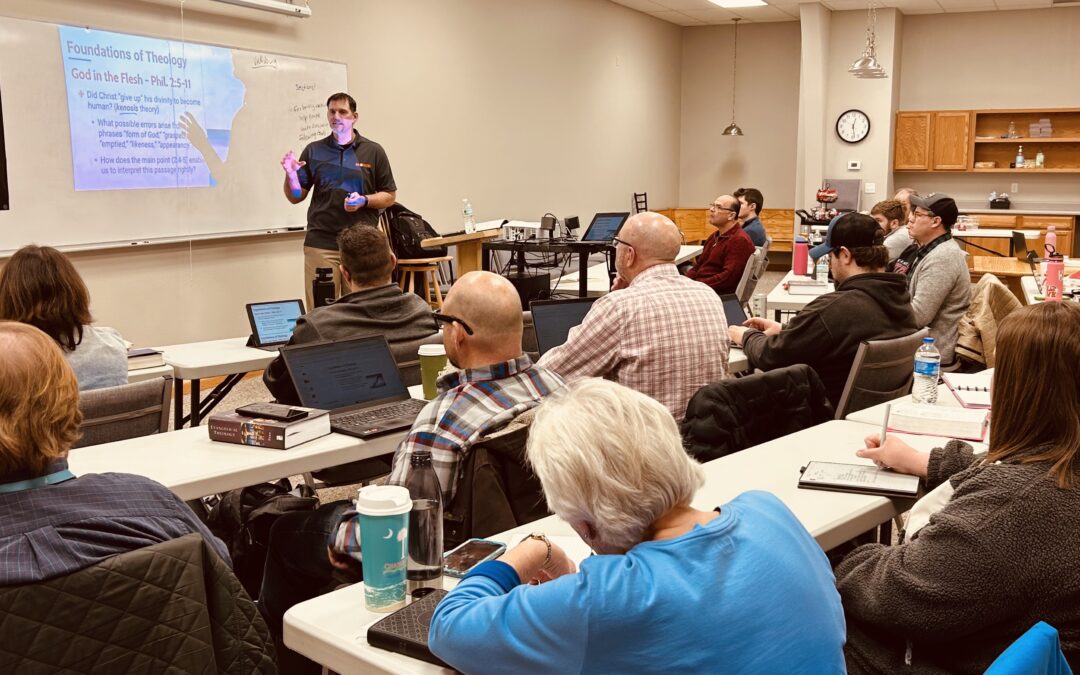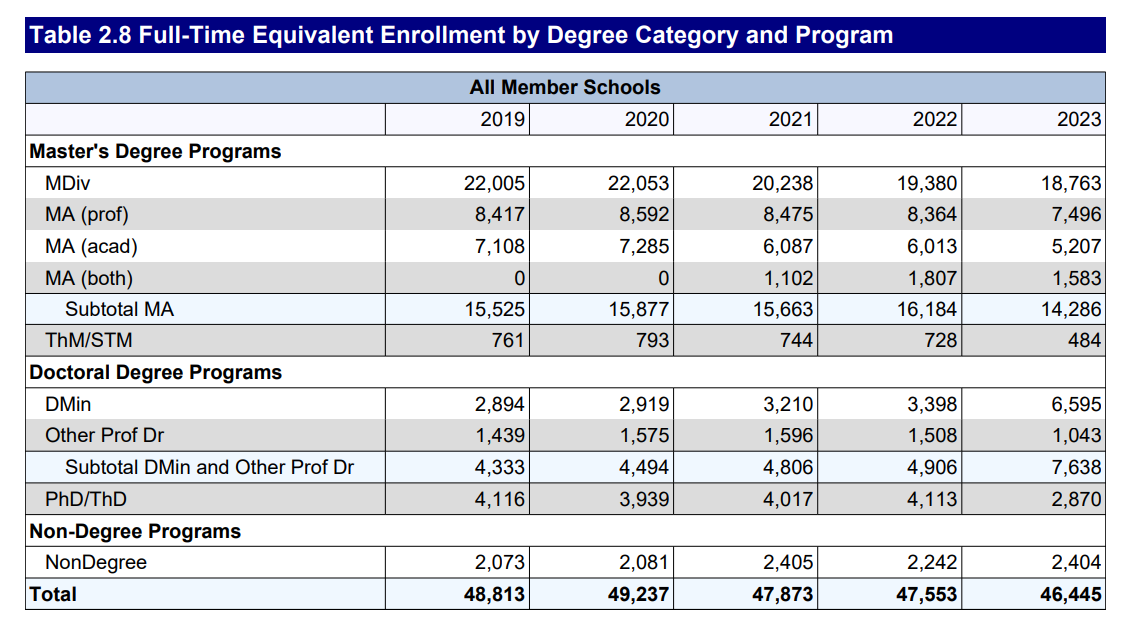Two mindset shifts for churches
Reminder: traditional pathways to local church ministry (college/seminary degrees) have mostly dried up. Although the average church attender doesn’t see this yet, it is going to profoundly shape the coming decades of church life. In order to adapt, we are going to need to shift our mental models about church and church leadership. Here are two key areas where churches need to shift their assumed models of church leadership.
Assumption 1: The pastor is the Man with the MDiv. There simply are not enough people with MDiv. degrees to fill all the pastoral needs that exist. This model worked for a while, but churches need to realize it no longer does. If your church is a normal-sized church (60-100), you should recognize that it is very likely your next (or current!) pastor will not have an MDiv.
Why this is okay and what to do instead: Jesus’ first disciples were not the religious or academic specialists; they were fishermen, tax collectors, etc., who received on-the-job ministry training. They watched and listened and learned. They taught and proclaimed and healed. They reported back to Jesus and kept up the cycle of learning-by-listening and learning-by-doing. Churches need to maintain a high standard of ministry training. But they need to recognize that an MDiv degree is not synonymous (or maybe even preferable) with actual ministry training in the apprenticeship-learner model of Jesus. So the question is not: how do we revive an unworkable economic and educational model, but rather how does the church develop active pathways of ministry training that are focused on discipling and equipping leaders? The goal is training, teaching, and learning with real-time application and growth.

Historical Enrollment of MDiv students at ATS institutions identifying as Reformed
https://www.ats.edu/Data-Visualization
Assumption 2: We must have a “lead” pastor. Most churches operate with the assumption of a solo leader, the person with whom the buck stops. They are responsible for overseeing everything in the church. In my experience, I see almost no one under 40 who wants this job, and perhaps rightly so: they see that it is often tied to unbiblical expectations of one person and that it is often spiritually and emotionally unhealthy.
Why this is okay and what to do instead: the biblical pattern of ministry is team ministry, not solo ministry. Jesus sends his disciples out two by two. Early missionaries go out two by two. Paul lists numerous co-workers. The Reformed tradition has (in theory) espoused the plurality of elders while (in function) defaulting to the solo religious specialist (Minister of Word and Sacrament). We need to return to a more biblical pattern of a plurality of elders, a plurality of gifts, and a plurality of offices/roles. This means that core discipleship training, core biblical and theological literacy, and core spiritual disciplines should not be seen as academic disciplines reserved for the pastoral elite but should be part of the learning and training of church leaders at every level.
What else? What am I missing? What other parts of our mental models of church leadership need to be changed?



I totally agree with both assumptions. In reference to assumption 1, the bible school were I graduated (101 years old) is suffering to sustain itself. From a peak of 500 students in my time, enrollement has gone to its lowest of 50 students the most. The landscape has greatly change during the pandemic and after. Sad to say our leaders lacks the vision to see this and come up solutions for the church to develop active pathways of ministry training that are focused on discipling and equipping leaders as you would say it.
Another mental model of church leadership prevalent in reformed churches is male only leadership. There are clearly female leaders in the Bible yet the church pushes Paul’s teachings that women must take a backseat to men. I would love to hear your thoughts.